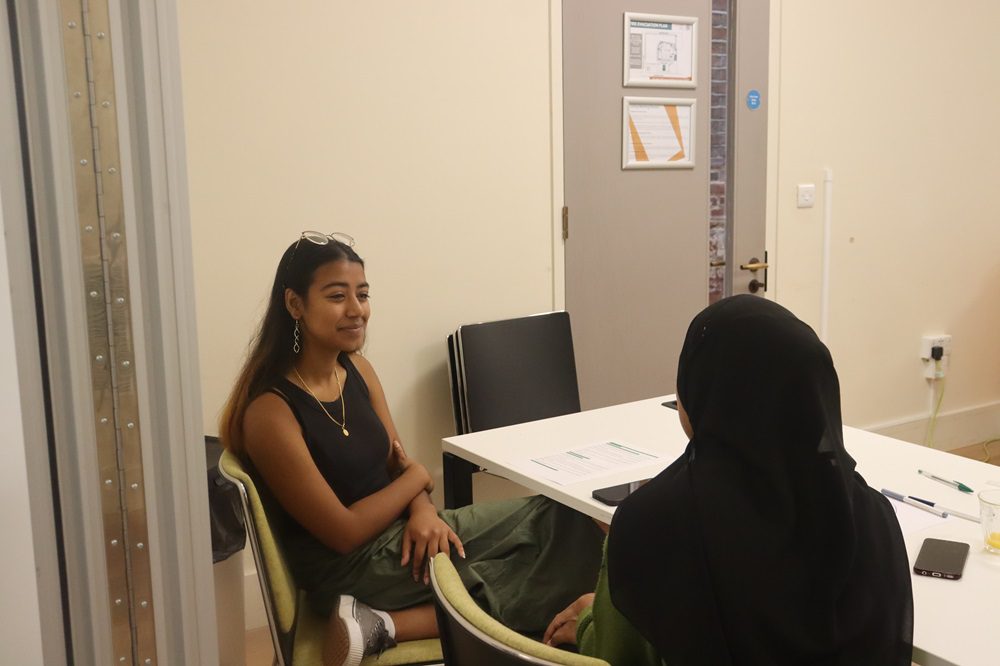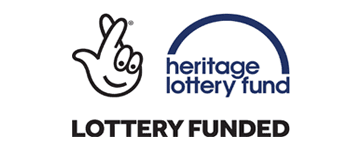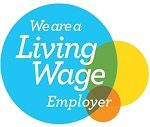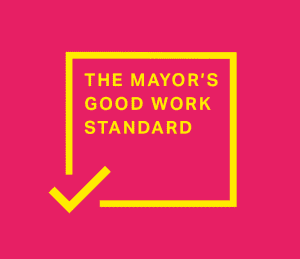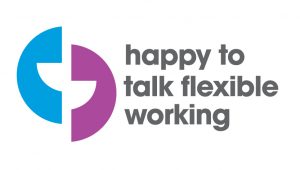Emotional Support for Young People
peer research project
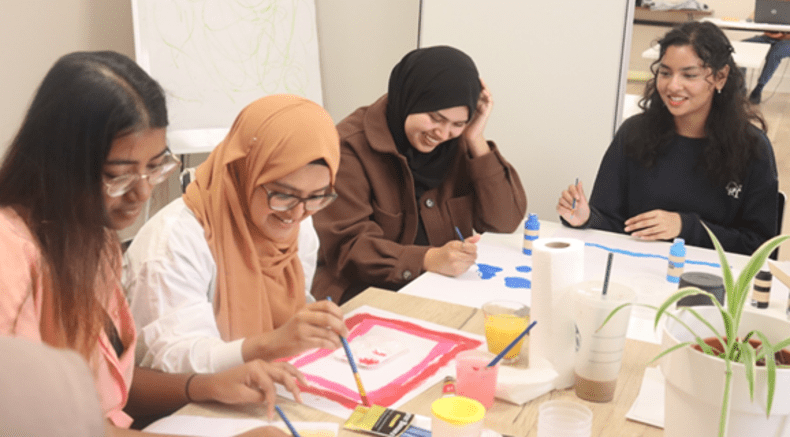
Emotional Support for Young People peer research project
Toynbee Hall are working in partnership with Thrive LDN and a group of young peer researchers, all aged 16-22 and all Tower Hamlets residents.
We are also receiving guidance from a steering group including representatives from Tower Hamlets Council, the GLA and the NHS.
The project aims to:
Investigate whether young Londoners in low-income households get the emotional support they need from their families, in the context of the cost-of-living crisis.
Explore the impact of increased living costs on the relationships between young Londoners and their families.
Develop solutions alongside young Londoners and their families.
Project phases
1. Planning phase
Peer researchers explore topic and research focus
Co-develop theory of change alongside steering group
Co-designing the research tools & peer researcher training
2. Research phase
Interviews and workshops – led by peer researchers – with young people and parents and carers
National survey
Interviews and workshop data analysis
3. Action phase
Further develop policy recommendations and other recommendations for actions to translate insights from the research into impacts (further workshops with peer researchers and public participants)
Steering group, Health Foundation and other local partners to work with us to disseminate project findings and implement recommendations
Reflections from participants of the project
Parents and carers
Before there is lots of programmes going on in the community, lots of events, lots of workshops, lots of fun fairs or something, in that time we used to go with the family member’s, meet with other family members, neighbours, to have a good time, but now because of the cost of living, funding is cut, less programmes so we can’t go anywhere and we stay home and we are just detached from the community… this is the way that cost of living [crisis] makes us more alone, and this is one sense; community wise; and in family wise cost of living also makes us cut some budgets.”
Sometimes a lack of certain skills and knowledge [around emotional support/wellbeing] also holds me back, because I get a bit nervous about whether I’m saying the right things to them or doing the right thing.”
I want to be there for them but like I said I have to be outside working longer hours. By the time I come home I’m really tired, I just want to calm down after a hard day’s work. It’s a lot of pressure on my mind [and I need to] try and release that pressure (…) so I can’t really be there for them as I’d like to be there for them”
Young people
And everyone is just so busy. Yeah. Like my friends are… they’re kind of struggling with finances as well. financially struggling, all of them. So everyone is kind of really busy. And we don’t really have the time to listen to other people’s problems because we’re trying to look after our own mental health, our own struggles.”
The way it’s kind of affected my relationships is because I’m like in a low mood or a bad mood, or kind of angry outbursts… it’s like my relationships are less strong with like, my siblings, my grandma, it’s because I’m in a bad mood. Angry as well, like if my little siblings do something naughty, I’m quick to get angry, I’ll start shouting quite quickly.”
I feel like I find I just find it awkward to talk about my feelings in general. So I feel like I wouldn’t really go to anyone unless it’s really serious.”


